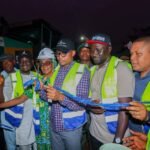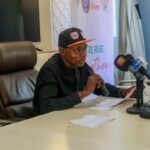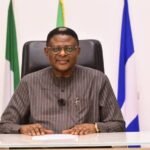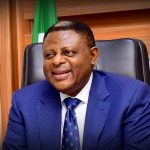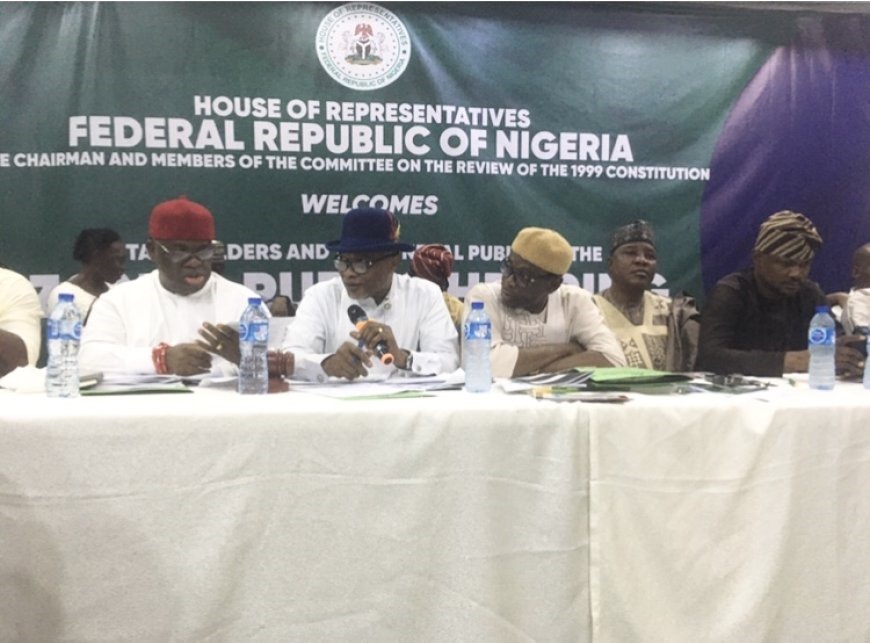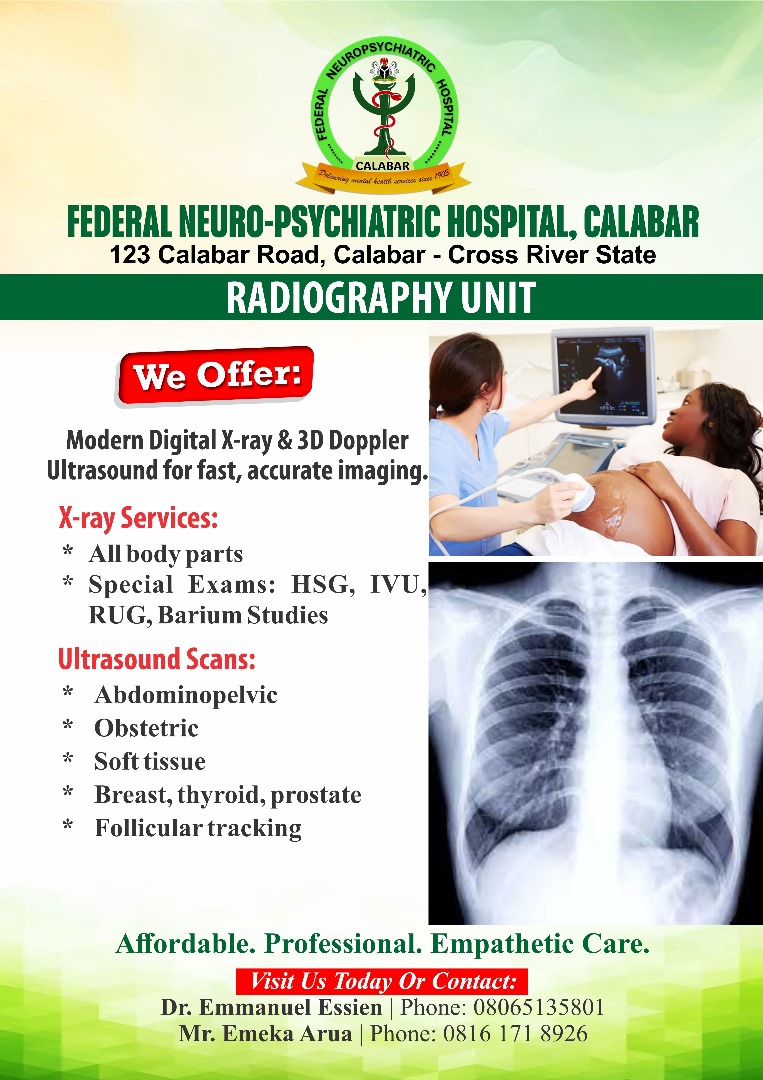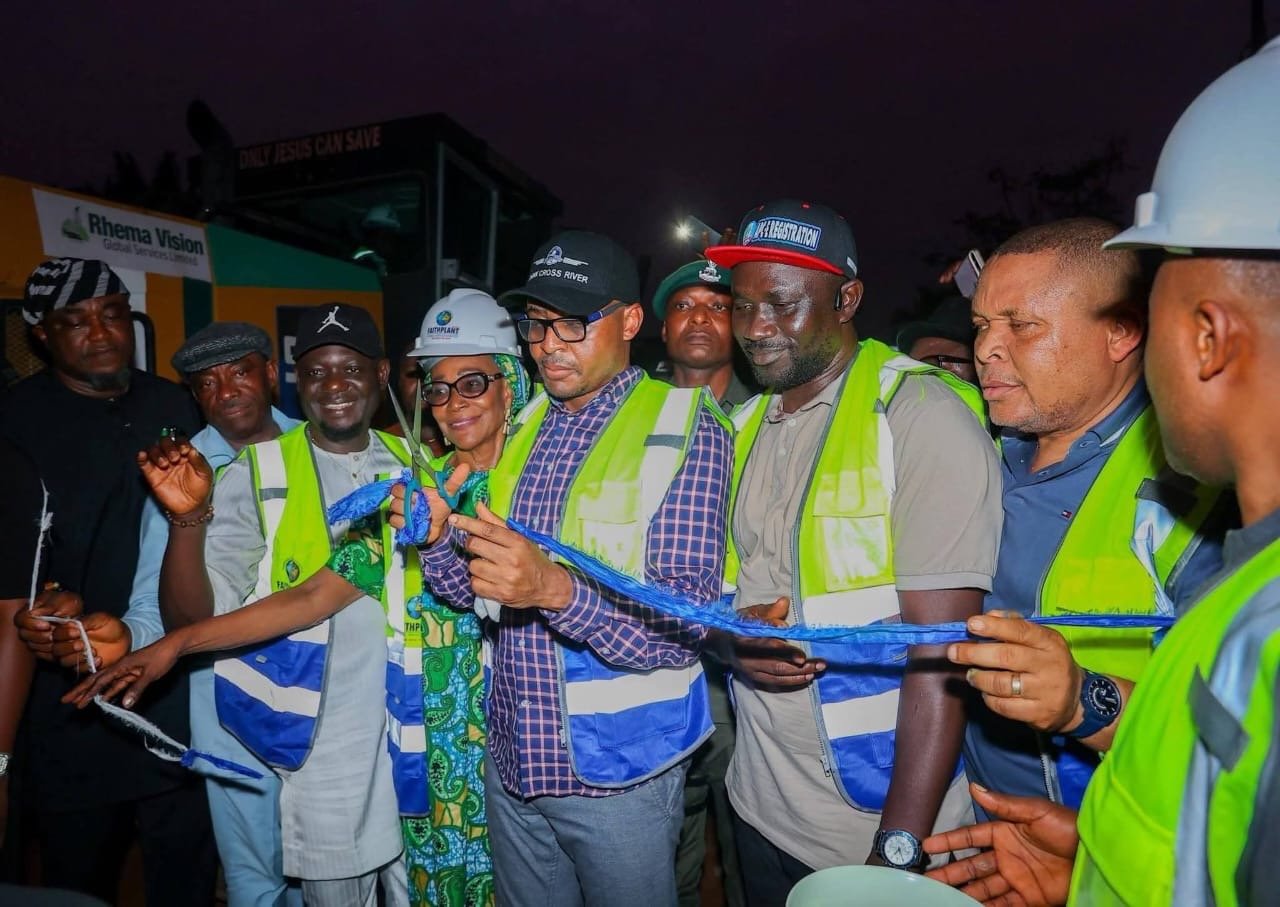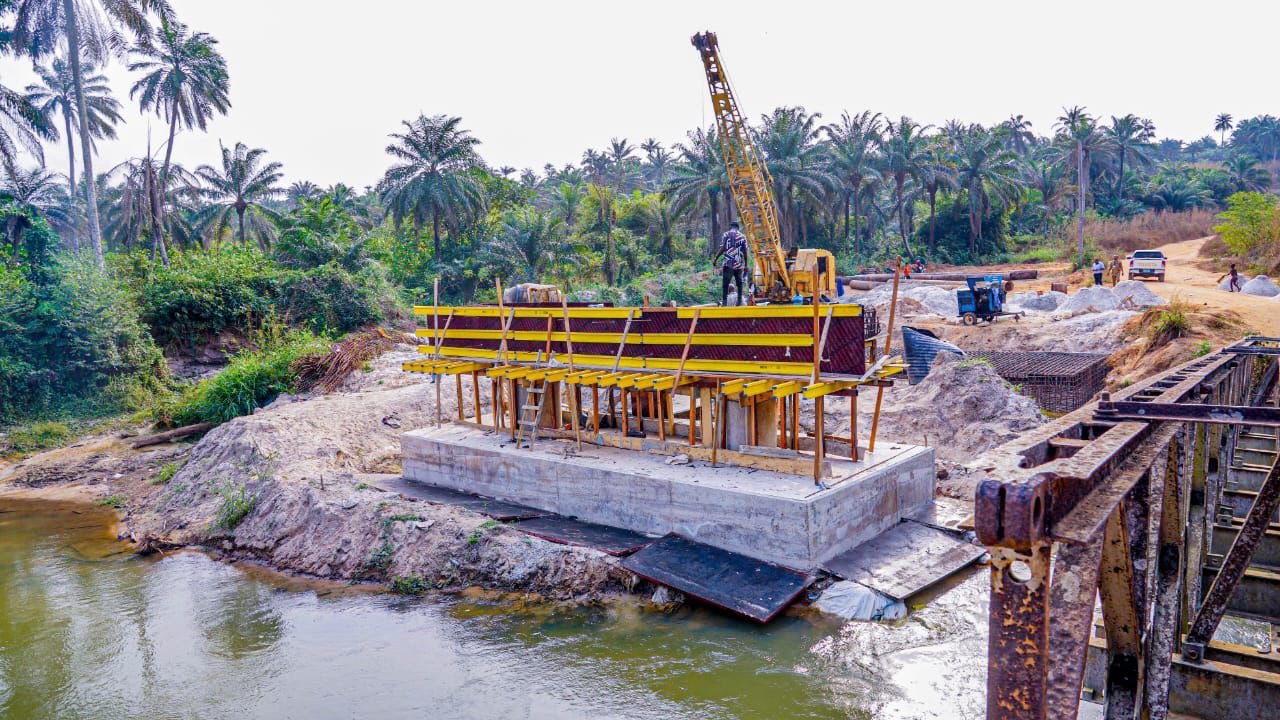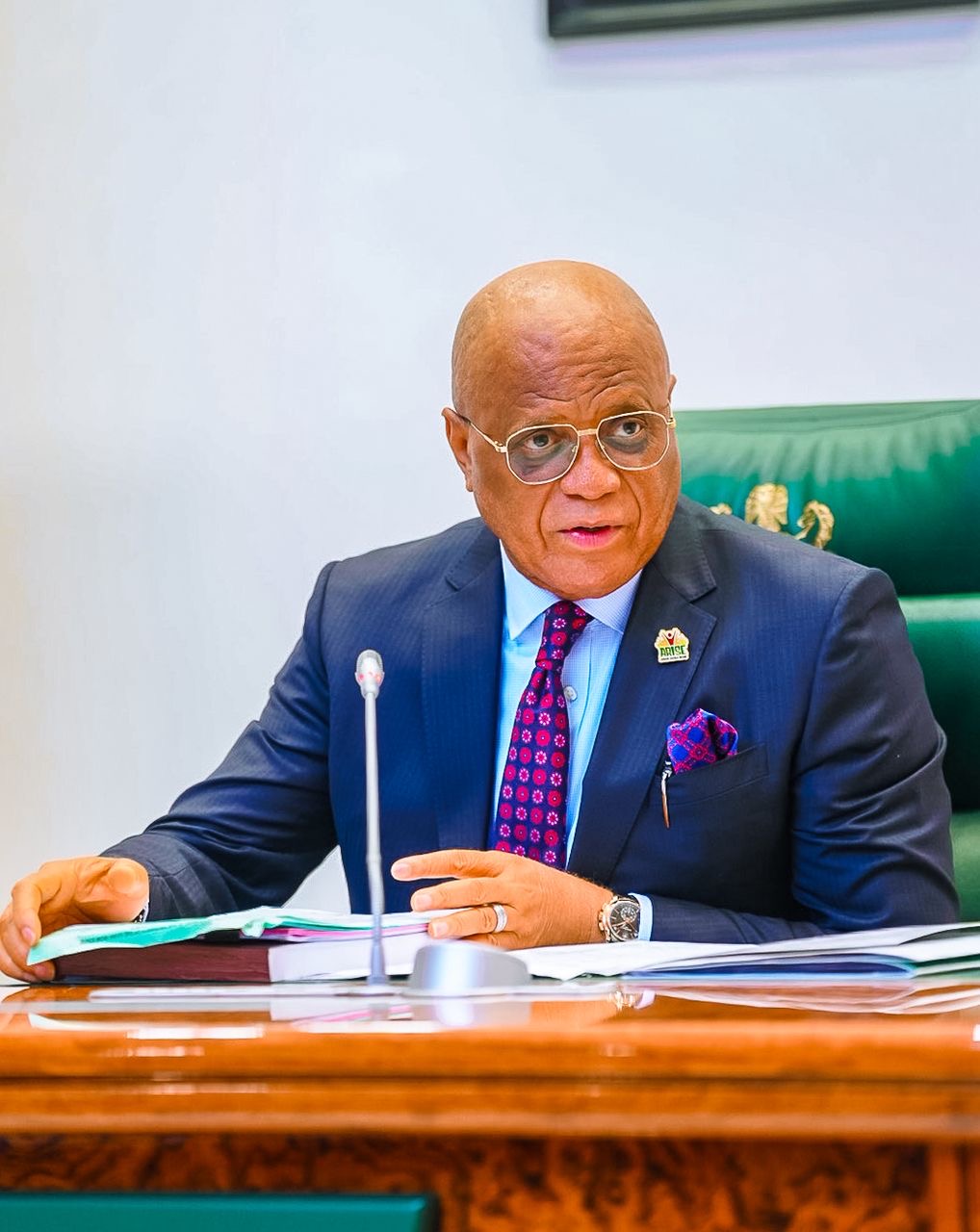Some of the House of Representatives Constitutional Review Committee Members, South-South-B-Centre, Calabar, during the Public Hearing on Saturday.
By Ita Williams, Calabar
Some communities in Benue State have declared their intention to be part of the proposed Ogoja State from present Cross River State .
In his submission at the South-South Zonal B public hearing on the 2025 constitutional amendment of the 1999 Constitution and State Creation, held on Saturday, July 19, at the Metropolitan Hotel, Calabar, the President General of Omim Nyi Igede, Dr. Ben Okpa, expressed strong support for the creation of Ogoja State, stating that his people, though currently in Benue State, wish to reunite with their ancestral kinsmen in Cross River.
Dr. Okpa in his submission tagged, “Prayer of Unity and Heritage”, said historical accounts trace the ancestry of his people to a common forefather, Paul Agba, who had five children.
“Our ancestral father, Paul Agba, had five children: the Igede, the Bente, the Bentwe, the Agade, the Bekwara, and the Mbube,” he said, adding, “only a few of us are in Benue State. The majority of our people reside here in Cross River.”
Maintaining that their ethnic and cultural ties to the communities in Cross River are deep and longstanding, reinforcing their desire to be integrated into the proposed Ogoja State.
“We the people of Vandikia of Benue would like to come and join our people here in the new proposed Ogoja State,” Dr. Okpa declared. “We are therefore fully in support of the creation of Ogoja State.”
He noted that the creation of Ogoja State would not only promote administrative efficiency and representation but also help correct historical and geographical misplacements that have long divided closely related ethnic groups.
His submission added to the growing calls from various communities in northern Cross River, who believe that the creation of Ogoja State will help achieve greater equity and unity within Nigeria’s federal structure.
Various communities from the three South-South states, Akwa Ibom State, Cross Rivers State, and Rivers State, presented their demand for inclusion in the constitution. Others are the Nigeria Labour Congress, the Trade Union Congress, the National Council for Women Society (NCWS), and many other pressure groups.
In an effort to enhance civic engagement, Chairman of the House of Representatives Committee on Constitution Review, Hon. Kingsley Chinda, revealed that the ongoing constitutional amendment process seeks to enable Nigerians to play a crucial role in shaping the foundational document of their governance.
Chinda maintained that the engagement is designed to enable lawmakers to hear from the electorate on areas that require amendment.
“We speak for the people, but this time, we are speaking with the people who elected us,” Chinda said. “We want to make the constitution one that is truly owned by Nigerians.”
He further explained that the Committee has held public hearings across all geopolitical zones, establishing two centres in each zone to engage citizens. Zone B of the South-South consists of Cross River, Rivers, and Akwa Ibom states.
“In this centre, we have received valuable contributions from the people of Rivers, Akwa Ibom, and Cross River,” Chinda added. “We will take these inputs back to the parliament for further deliberations.”
He noted that the constitutional amendment process is expected to take place in two phases during the lifespan of the 10th National Assembly. The first phase, he said, will be concluded between July 19 and the end of 2025 and submitted to state assemblies for atification.
“After receiving feedback from the state assemblies, we will begin the second phase before the end of the 10th Assembly,” he added.
Also speaking at the event, Governor Bassey Otu of Cross River, who was represented by his deputy, Rt. Hon.. Peter Odey, commended the lawmakers for undertaking what he described as a historic task.
“This initiative is timely and commendable,” Odey said, noting that, “the aim of aggregating the desires and views of Nigerians and giving them legislative expression will help deepen our democracy.”
He further stated that the constitution must evolve like every living document, as social, economic, and political conditions are constantly changing.
“The decision to revise the Constitution underlines a fundamental truth: our national document must reflect today’s realities and not those of the past,” he said.
The public hearing was part of the nationwide constitutional review and state creation dialogue conducted by the House of Representatives Committee on Constitution Review.
The South-South Zonal public hearing is also part of a broader national effort to make the 1999 Constitution more inclusive and representative.
